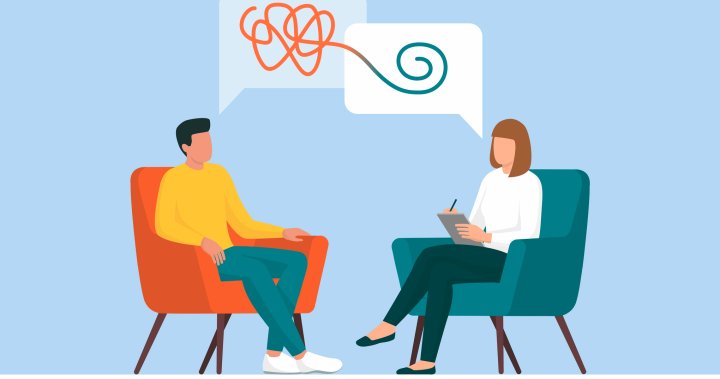
Canada is getting a mental health and addictions ministry. What’s needed to make it work?
Global News
As Canada deals with the mental health impacts of COVID-19 and an ongoing opioid crisis, Trudeau has named Carolyn Bennett as the first minister of mental health and addictions.
Canada is getting a new ministry tasked with tackling the thorny issues of mental health and addictions across the country.
But experts are warning the gesture will be hollow if the government doesn’t make concrete policy changes to back it up.
“(The ministry) needs to have real resources — financial resources, as well as human resources — as well as a very clear mandate to address some of the major issues confronting our country now,” Bernie Pauly, a University of Victoria professor and scientist with the Canadian Institute for Substance Use Research, said.
“Specifically the overdose crisis.”
Prime Minister Justin Trudeau named Carolyn Bennett, who previously served as minister of Crown-Indigenous relations, as the first minister of mental health and addictions during his cabinet swearing-in on Tuesday.
In that role, she’ll likely be leading the charge of rolling out the promised $4.5 billion in new federal health transfers to the provinces and territories over the next five years.
Those transfers, the Liberal platform pledged, would be aimed at providing free, accessible mental health services.
The creation of the ministry is a good “first step,” according to experts like Karen Urbanoski, an associate professor at the University of Victoria.





















 Run 3 Space | Play Space Running Game
Run 3 Space | Play Space Running Game Traffic Jam 3D | Online Racing Game
Traffic Jam 3D | Online Racing Game Duck Hunt | Play Old Classic Game
Duck Hunt | Play Old Classic Game